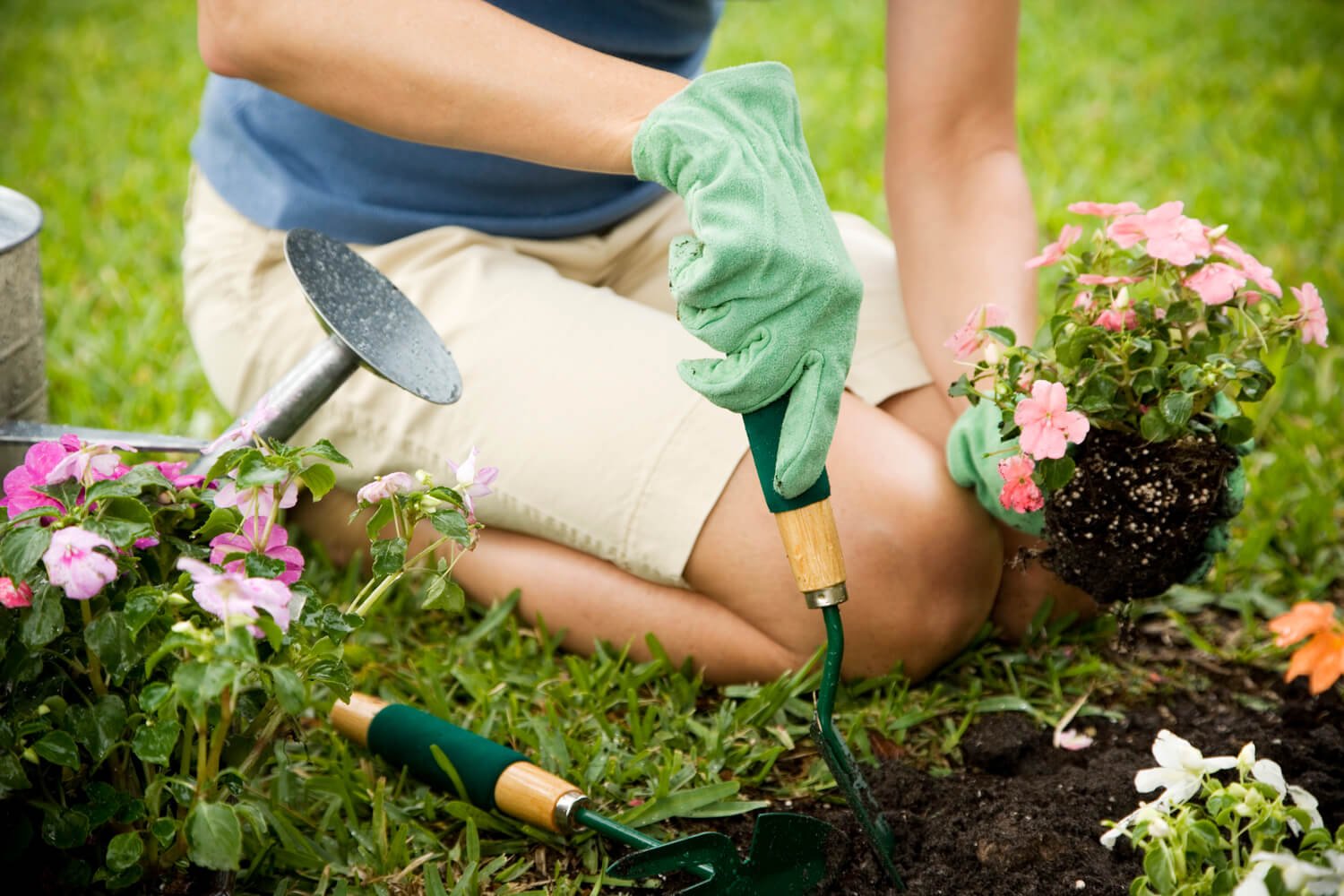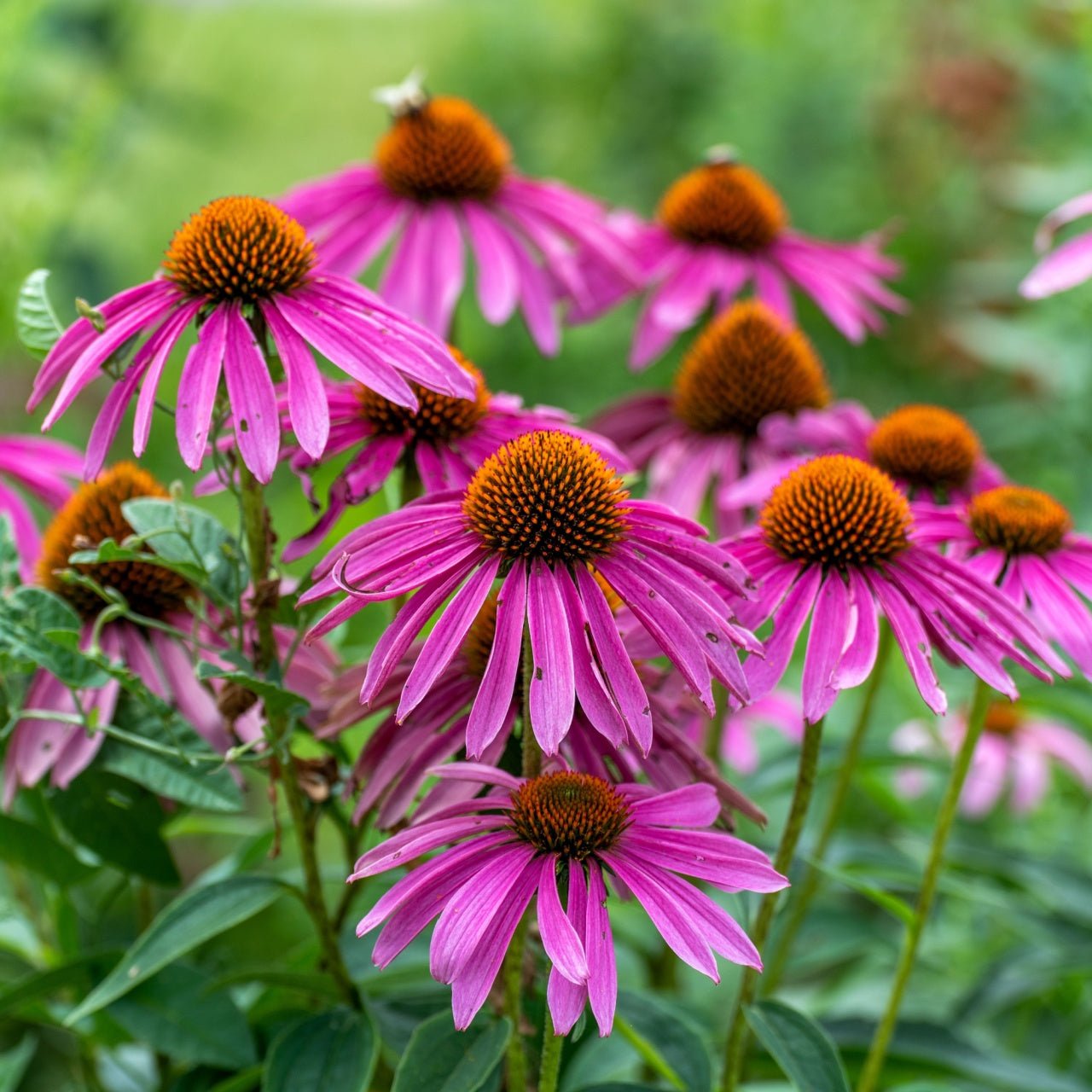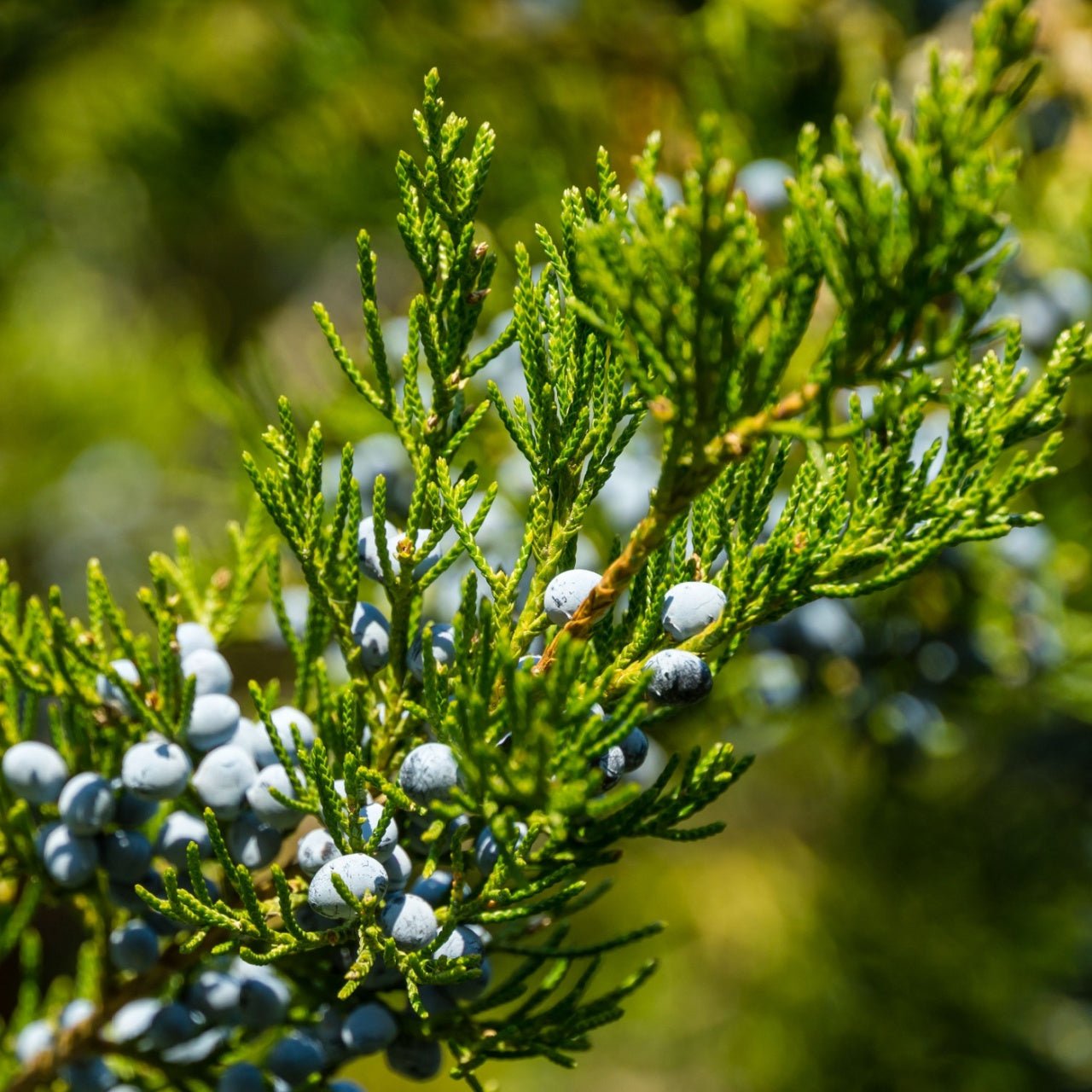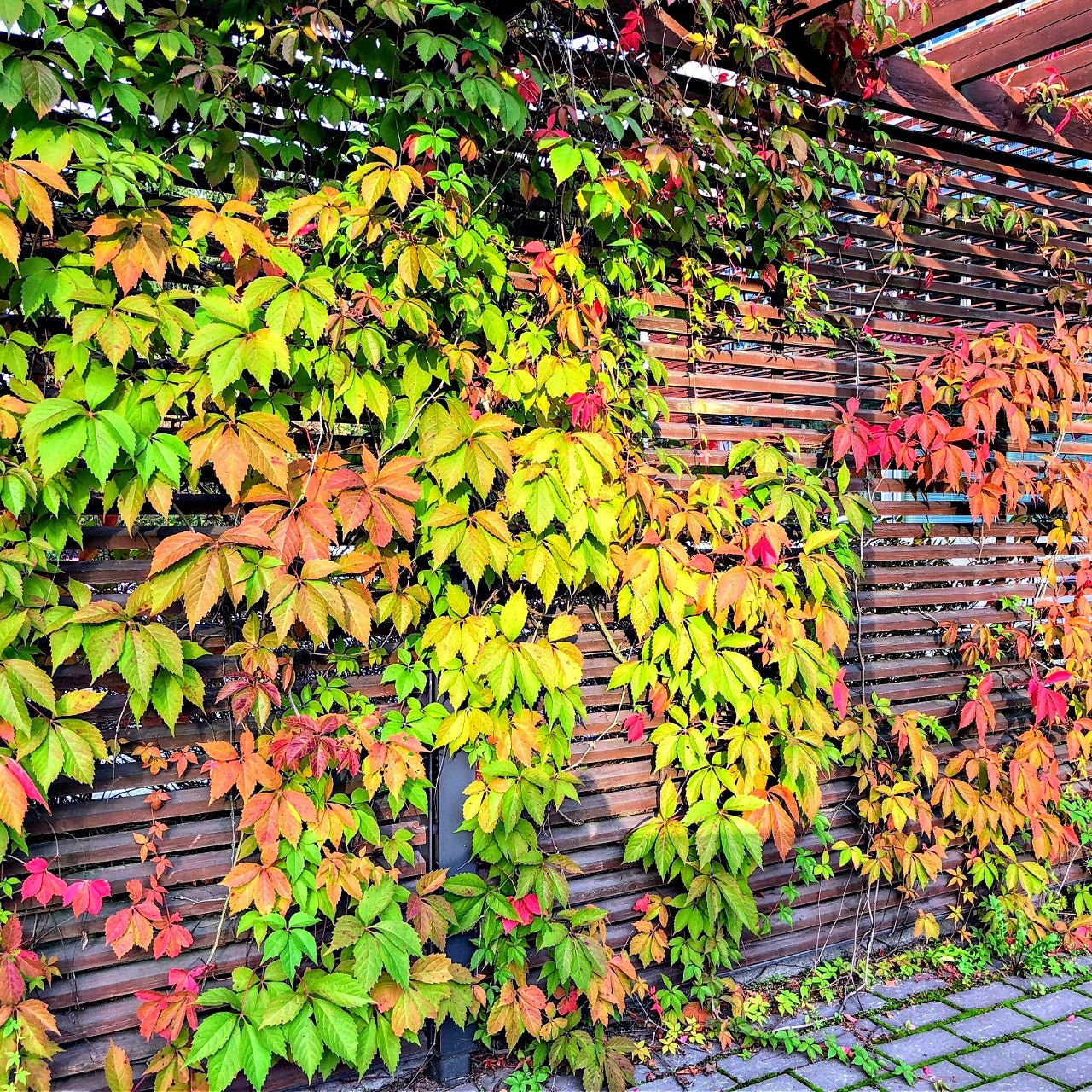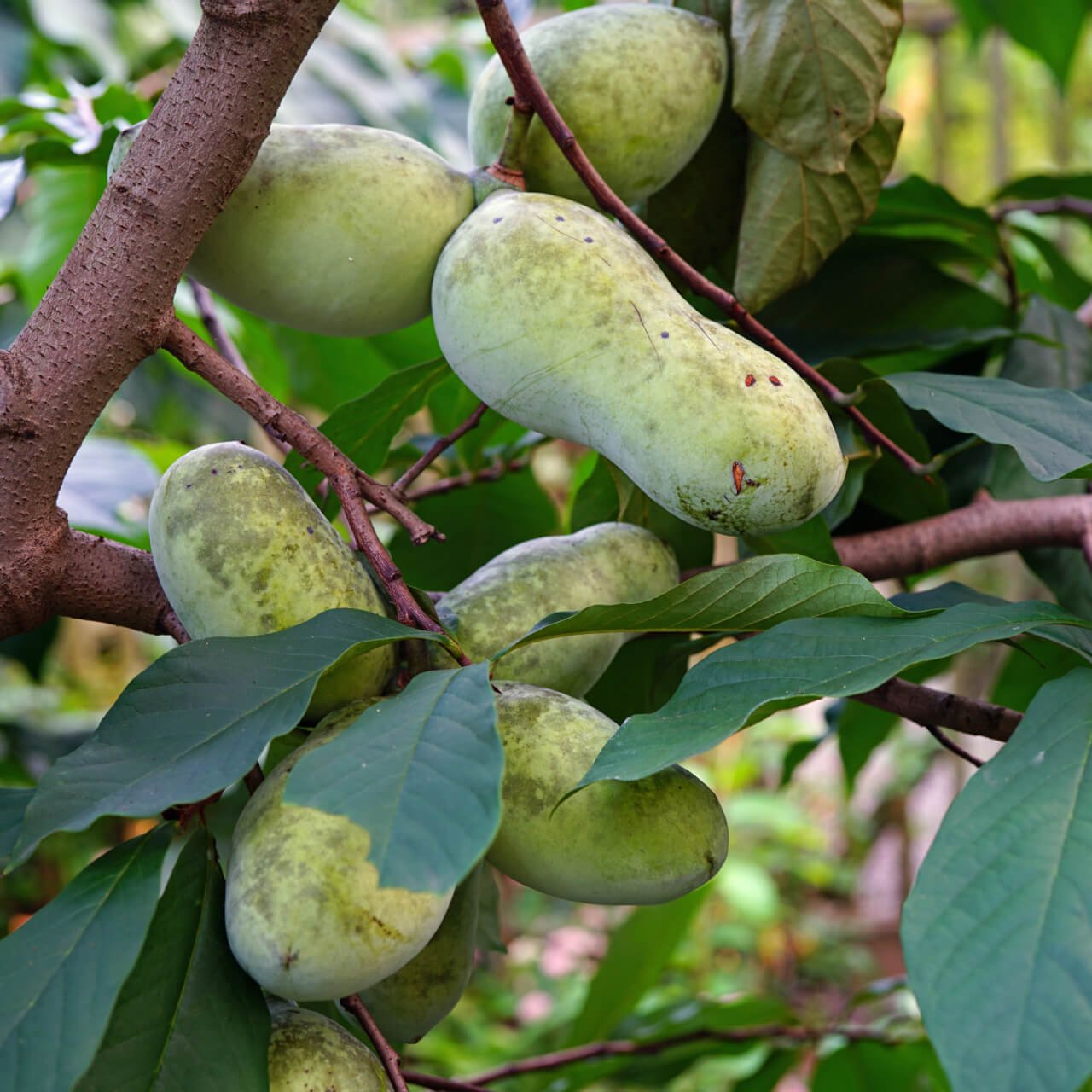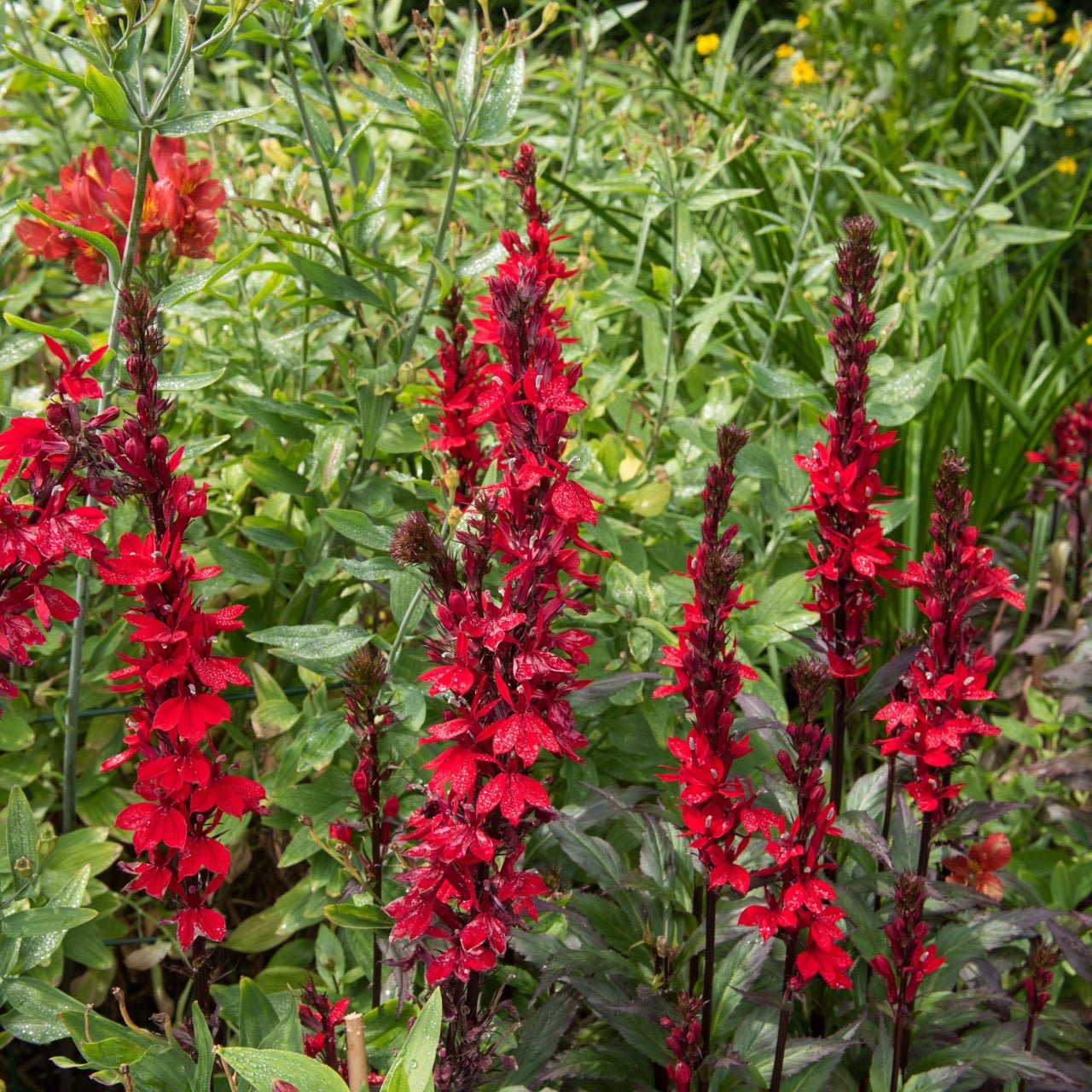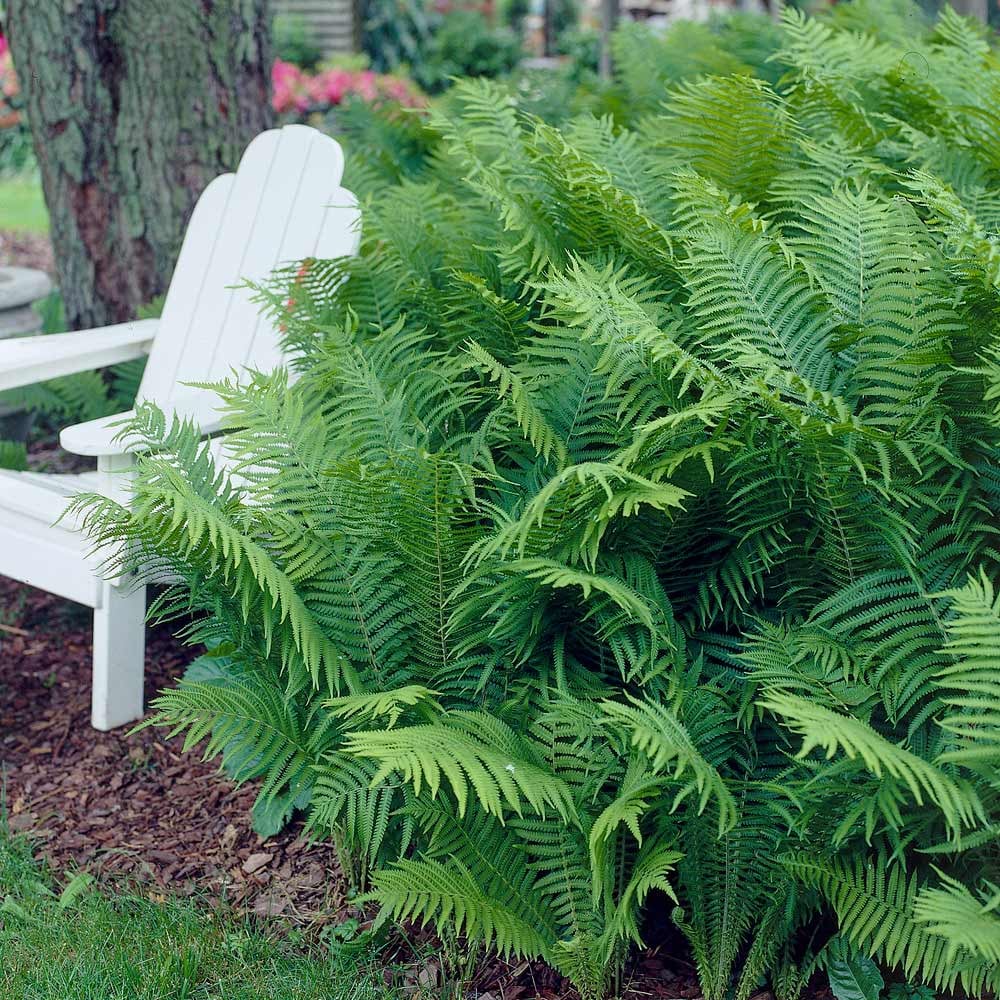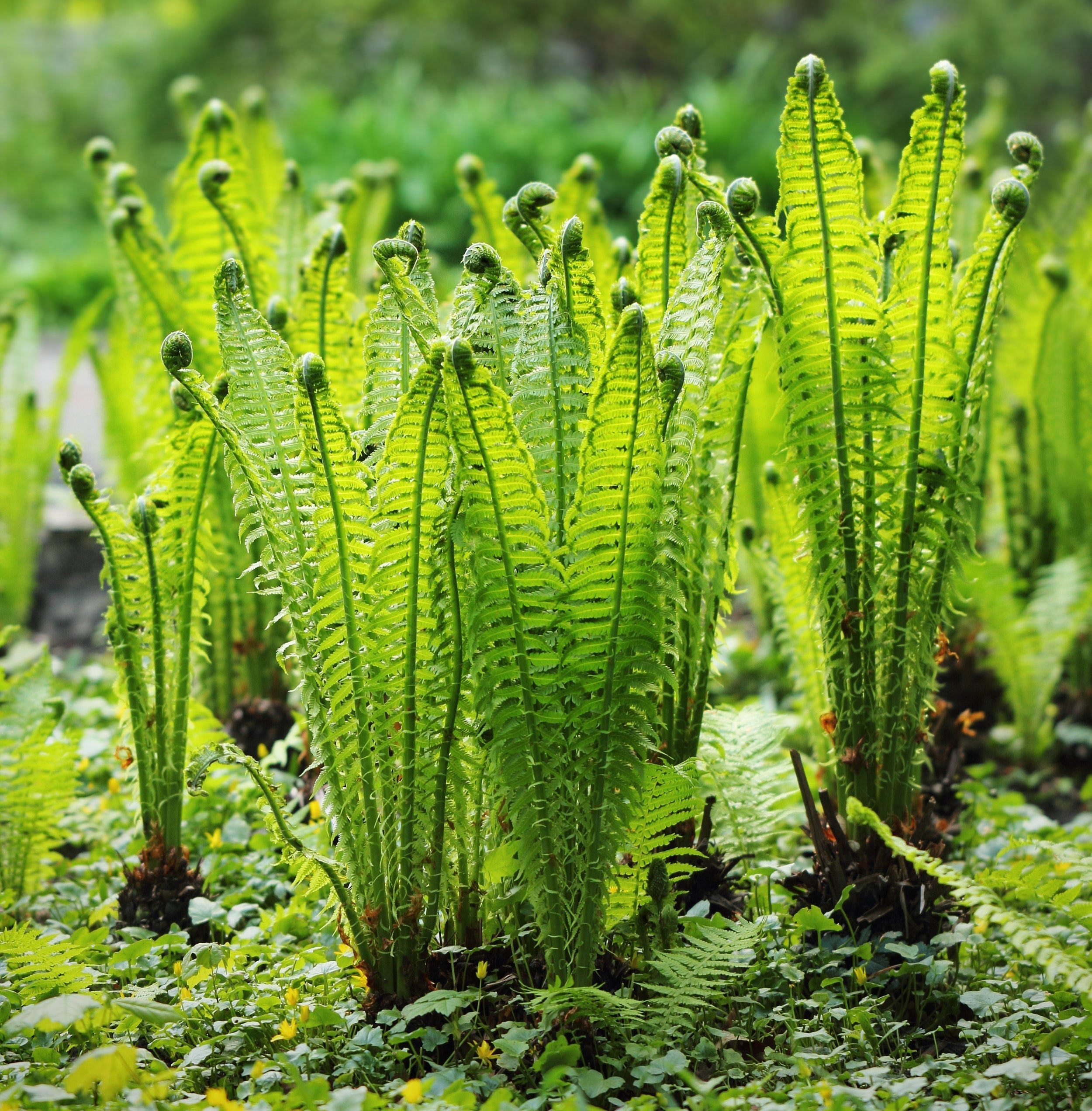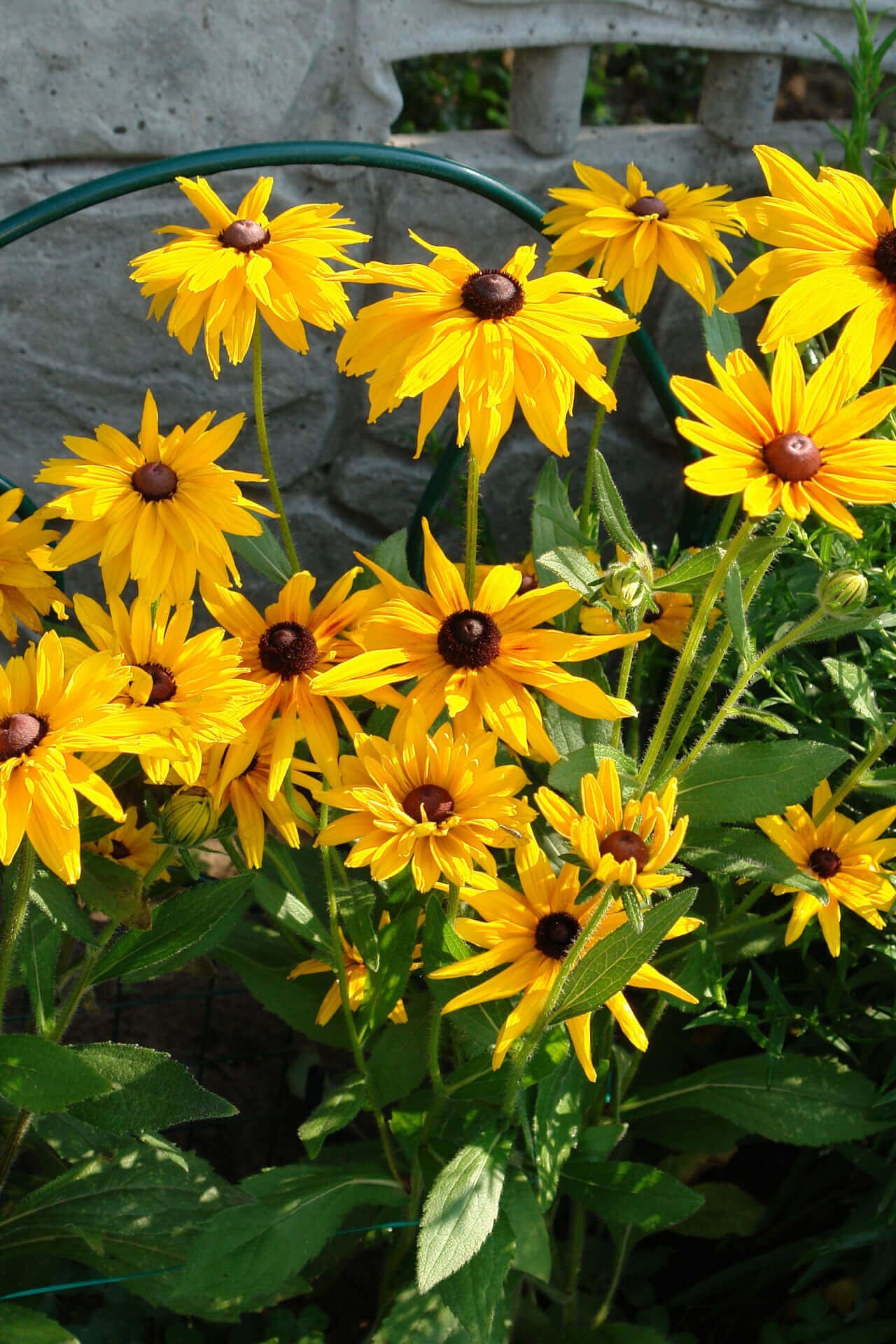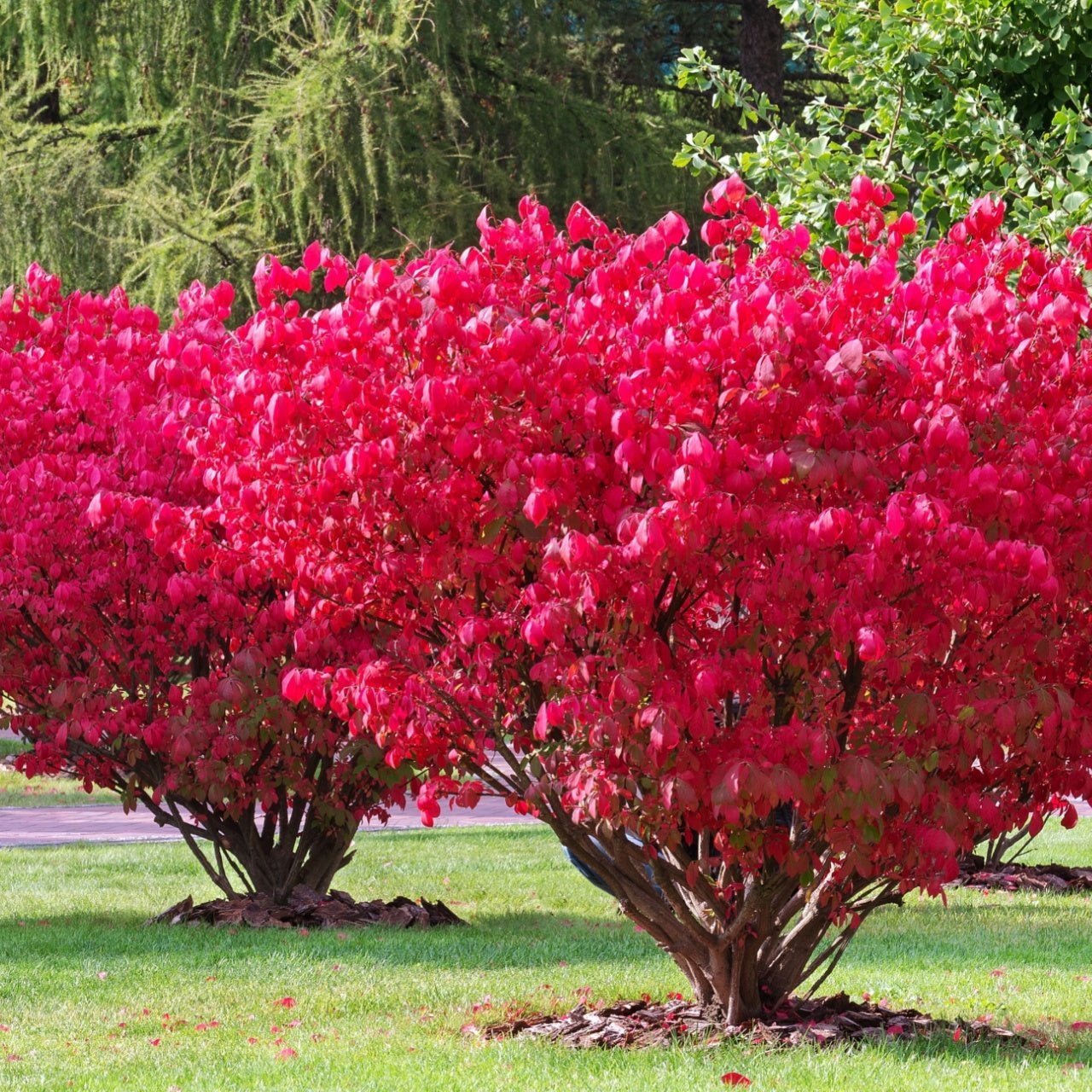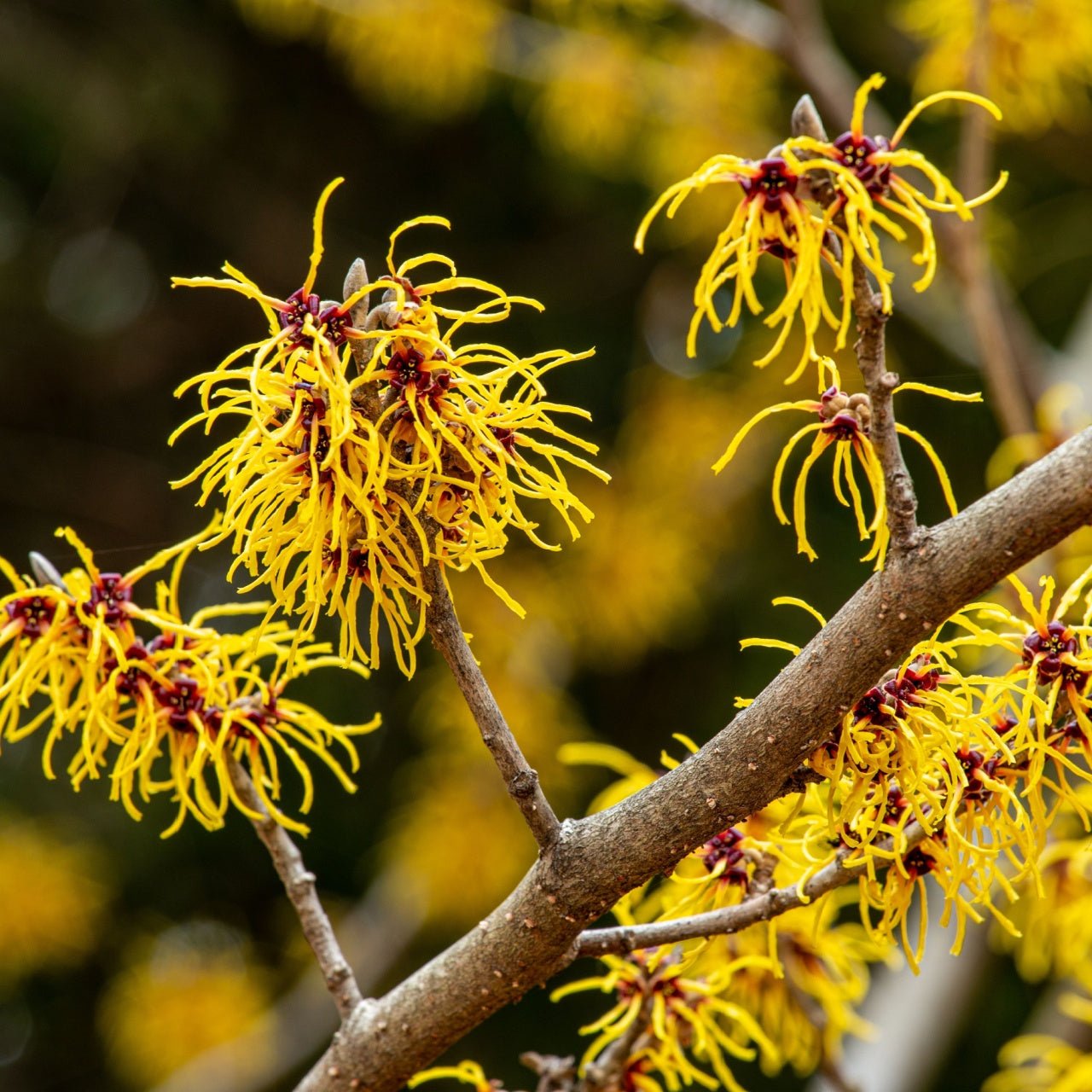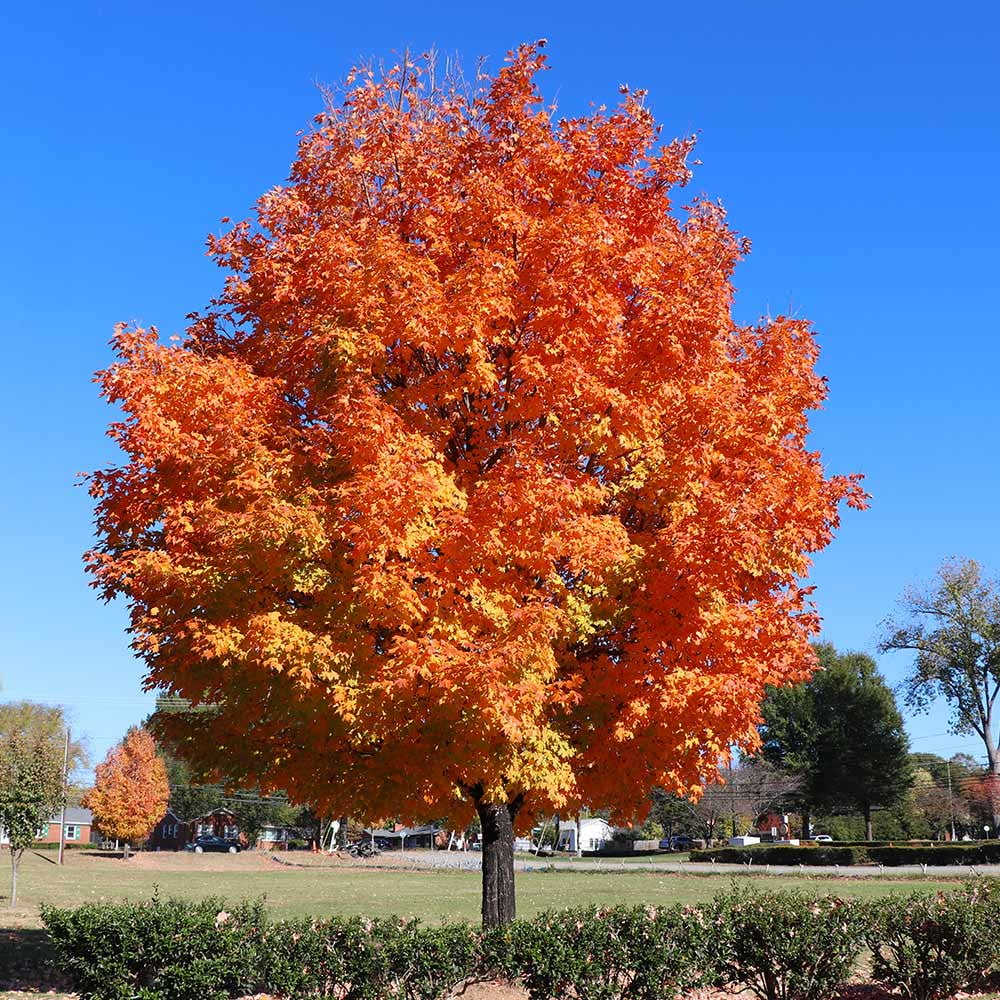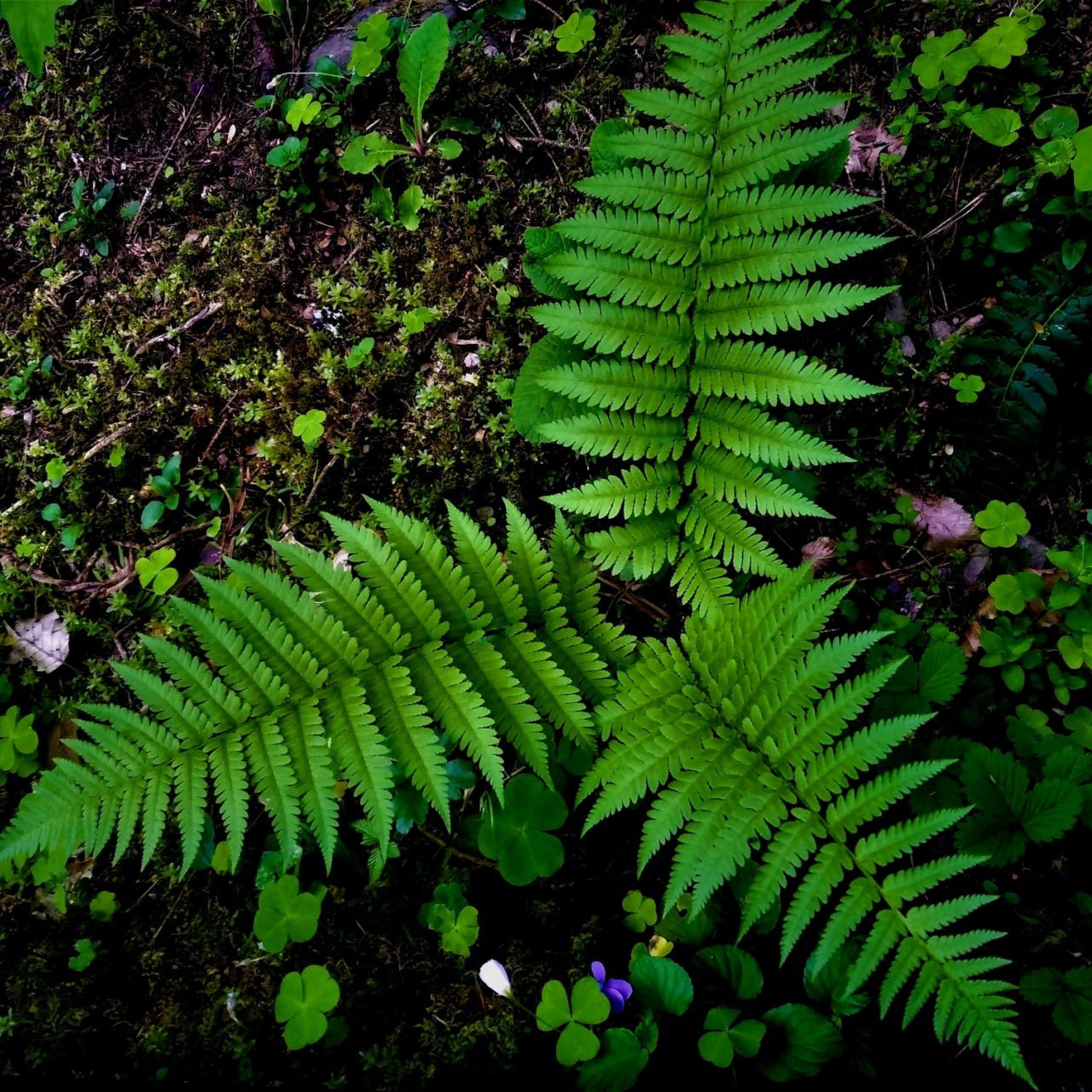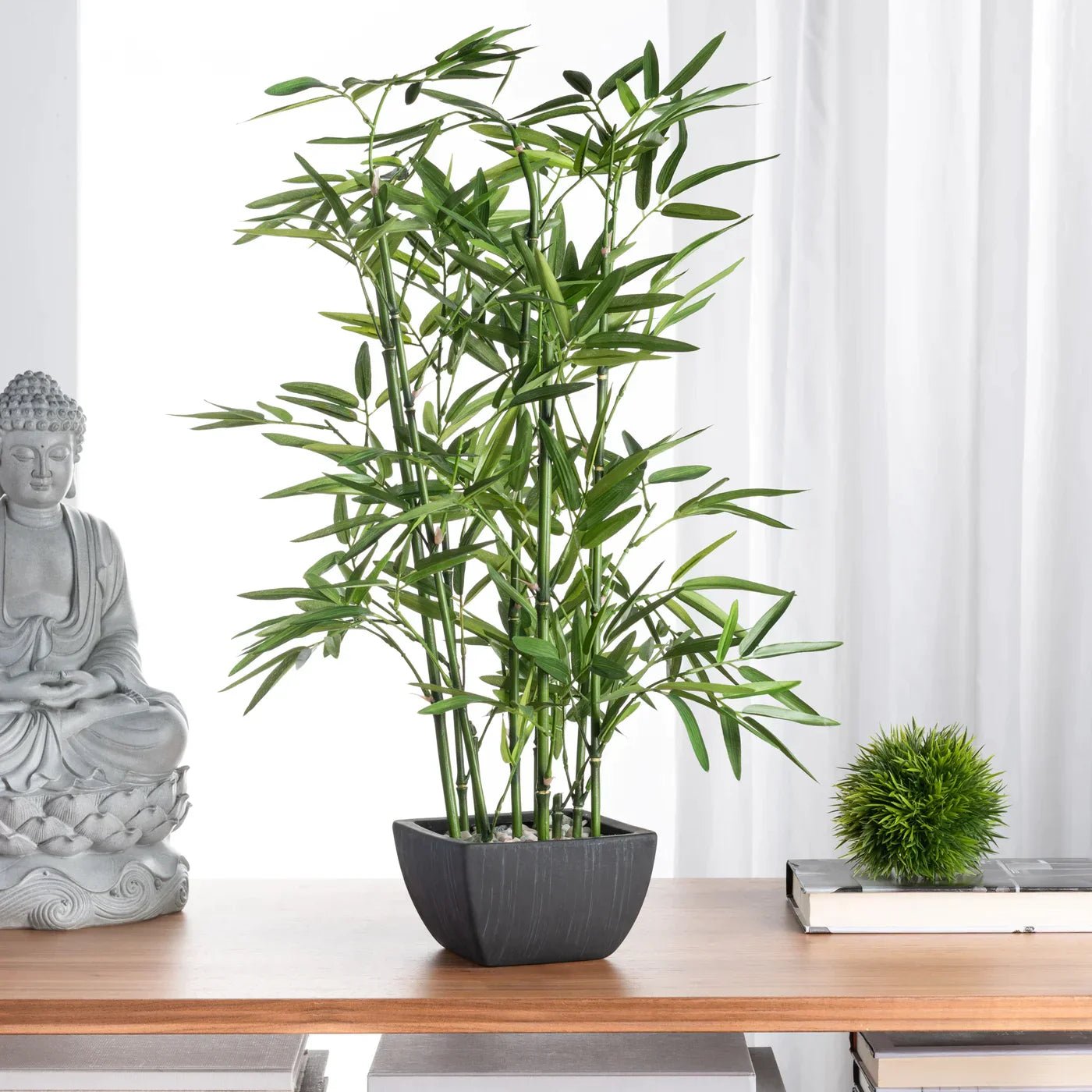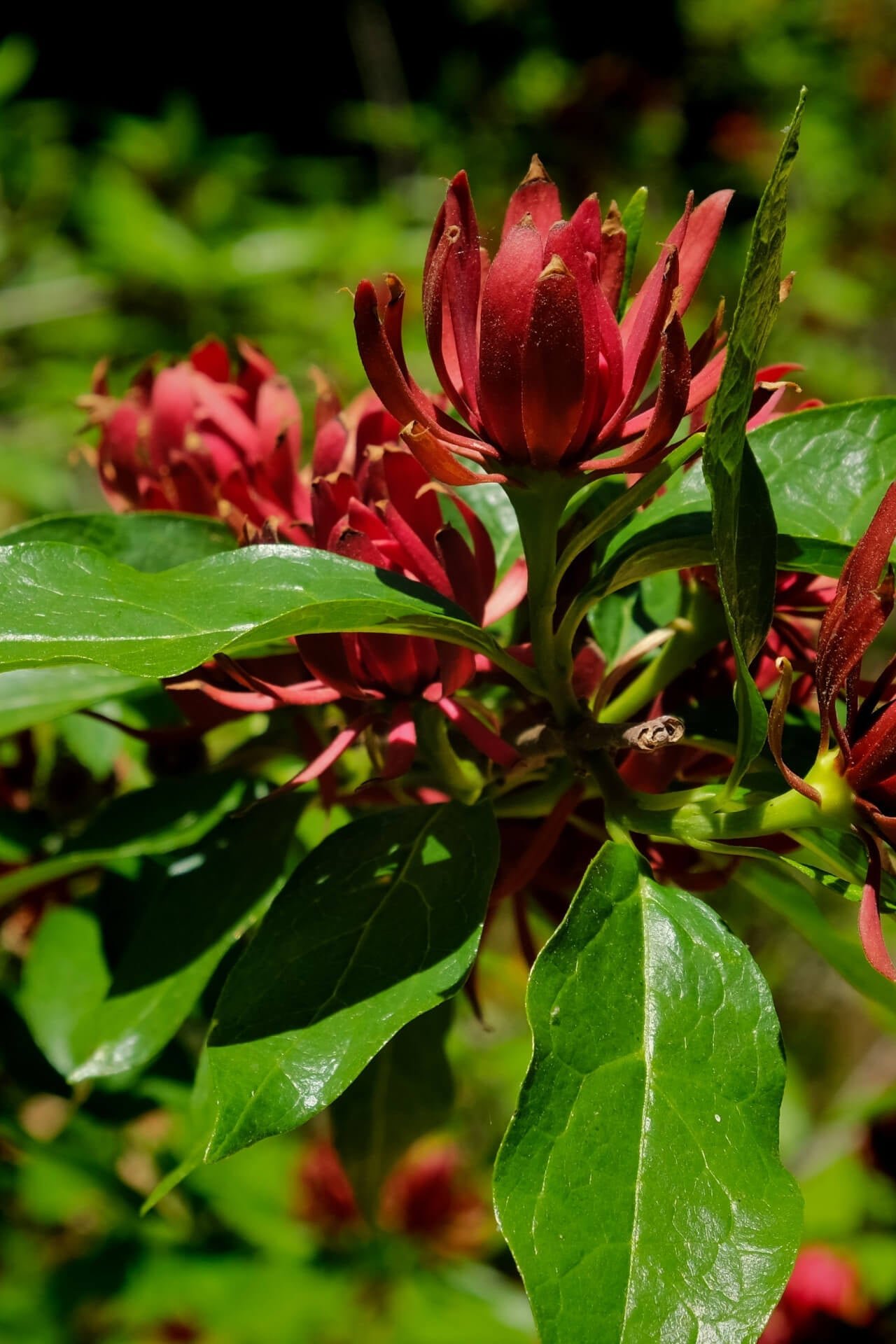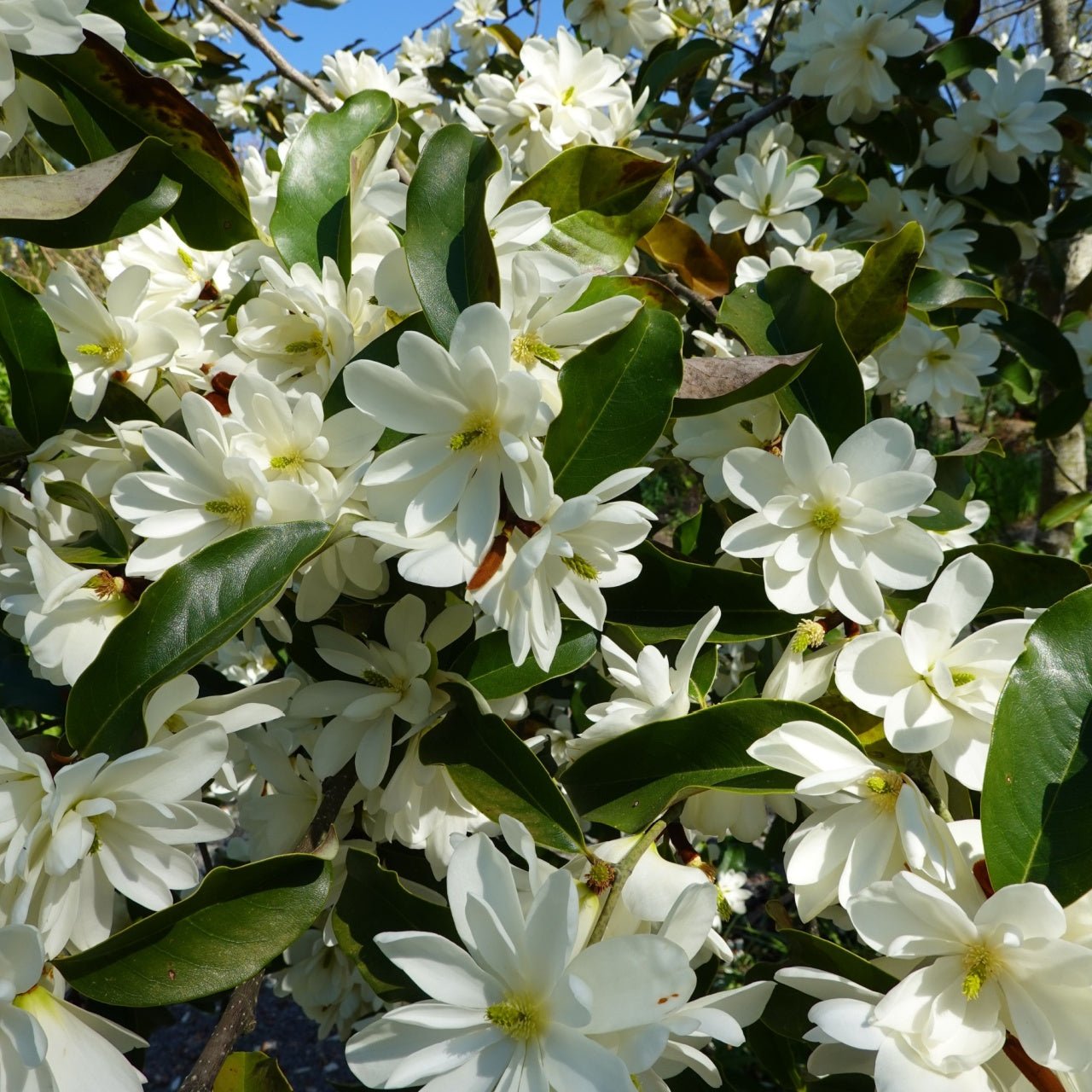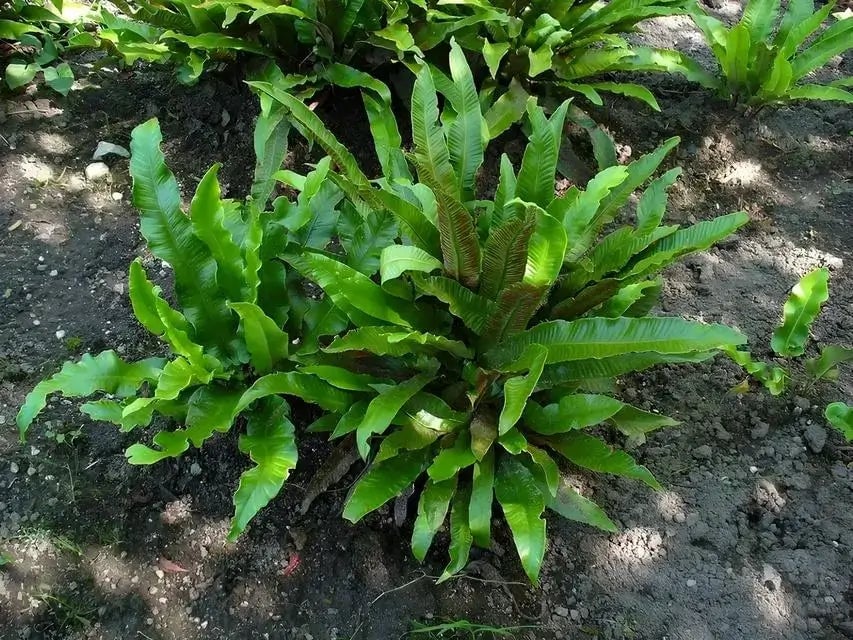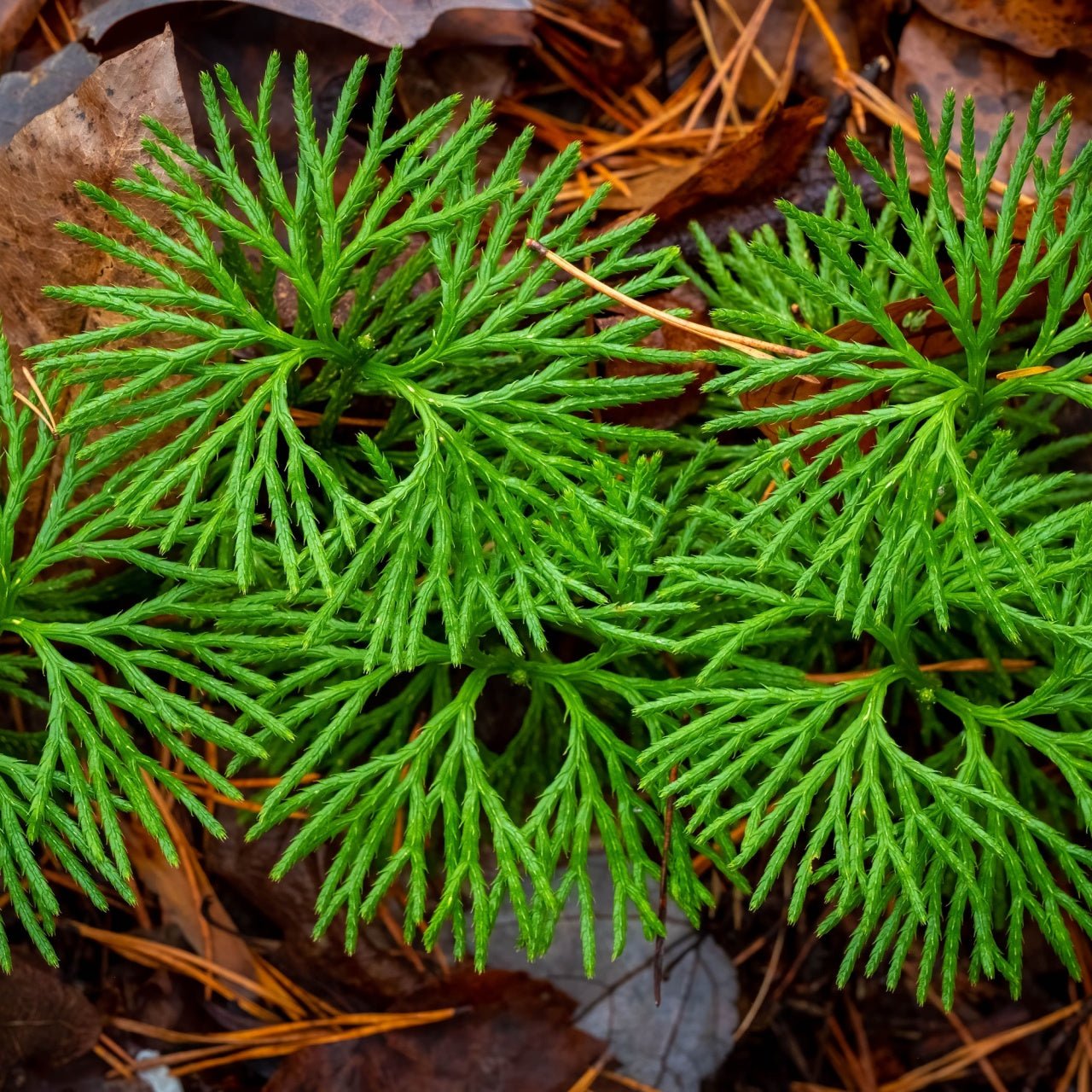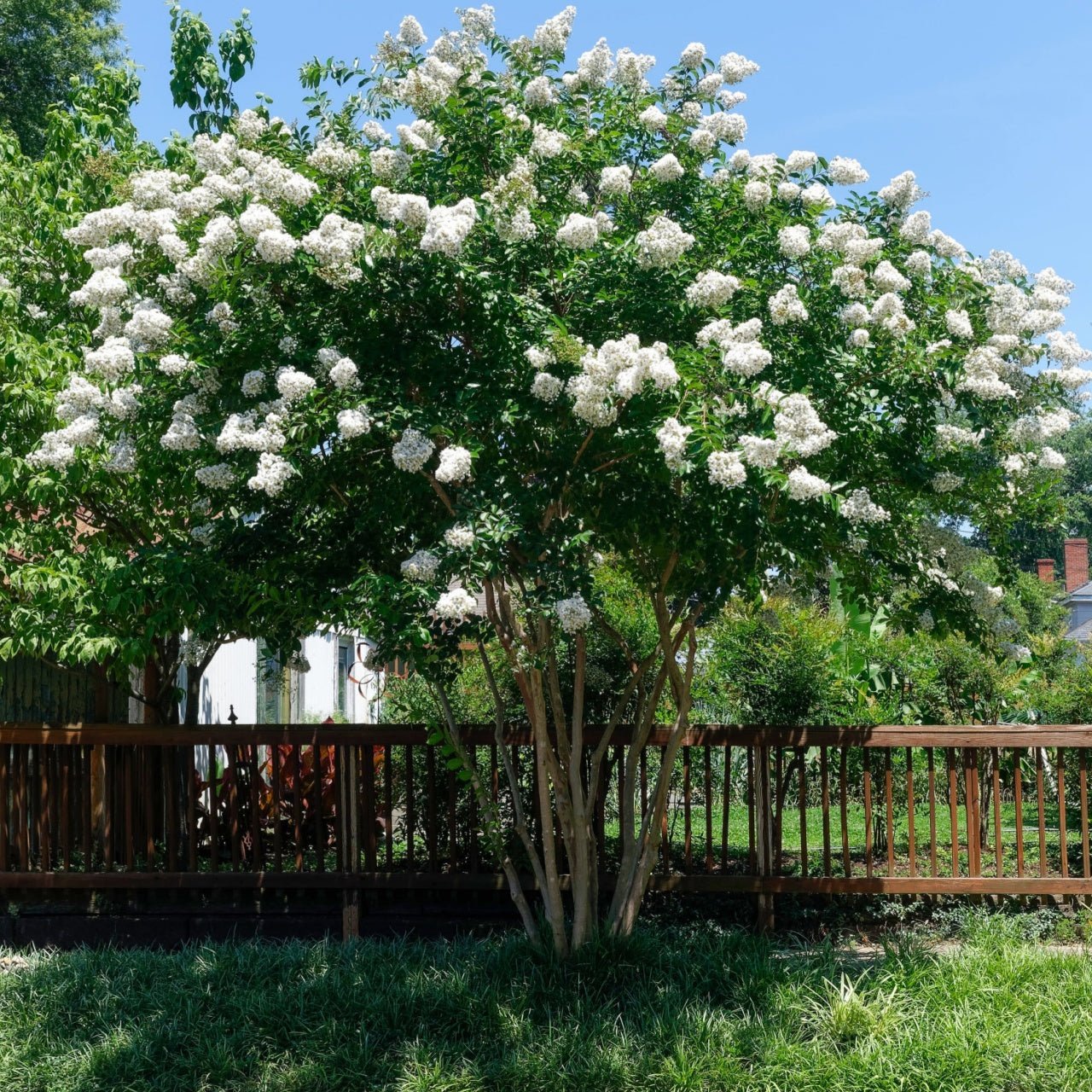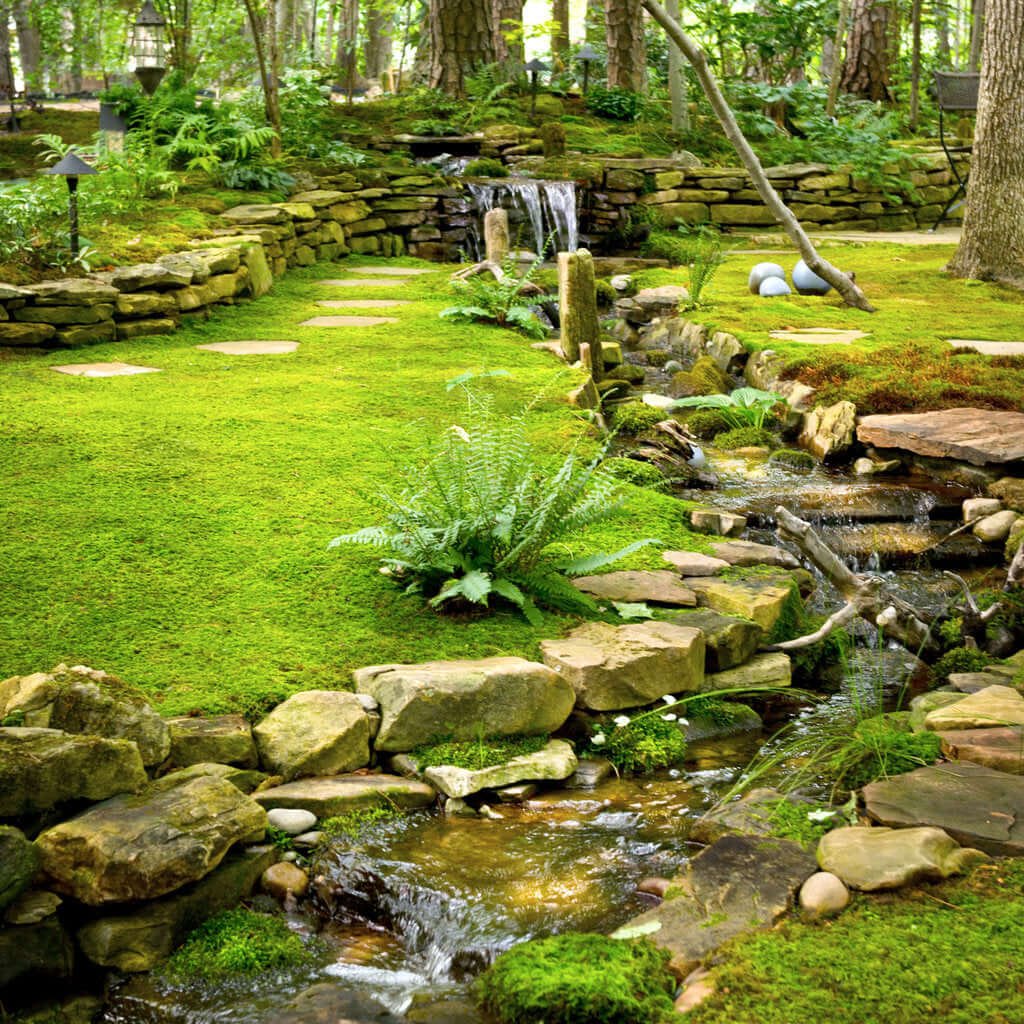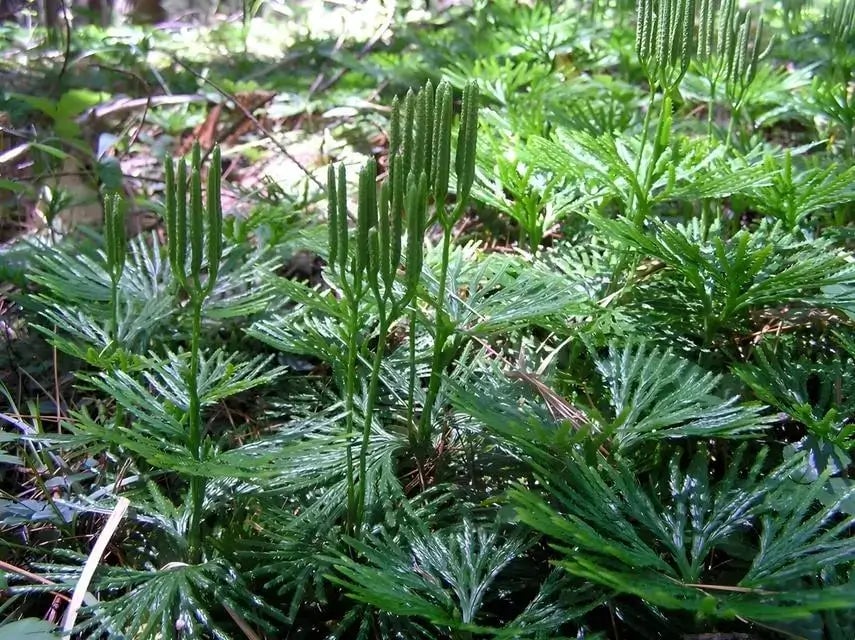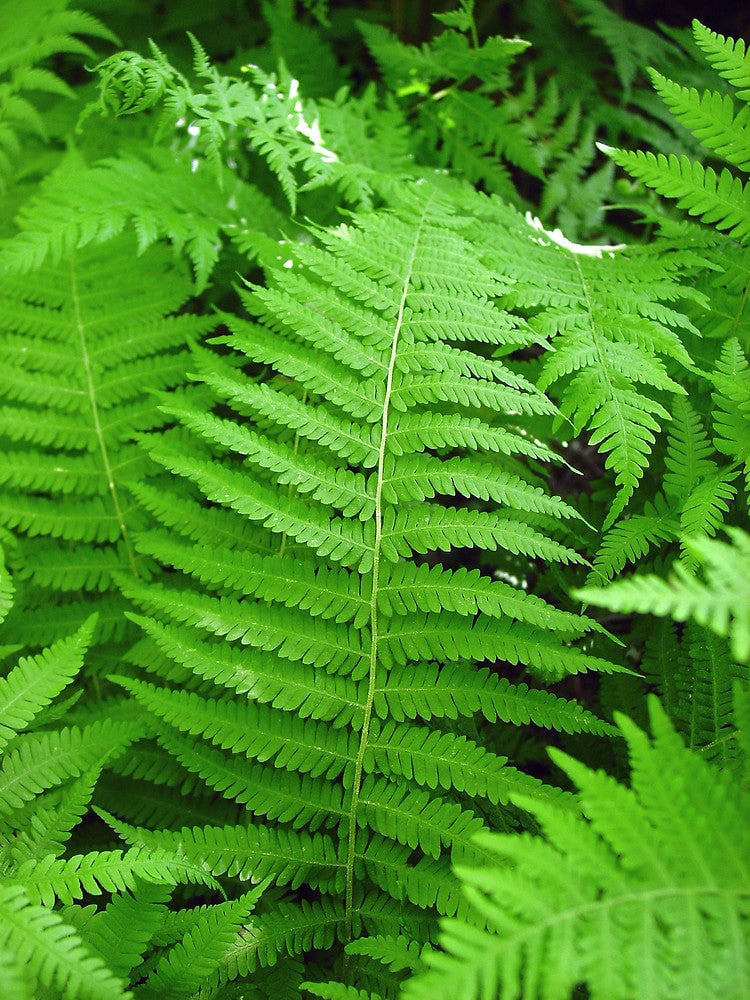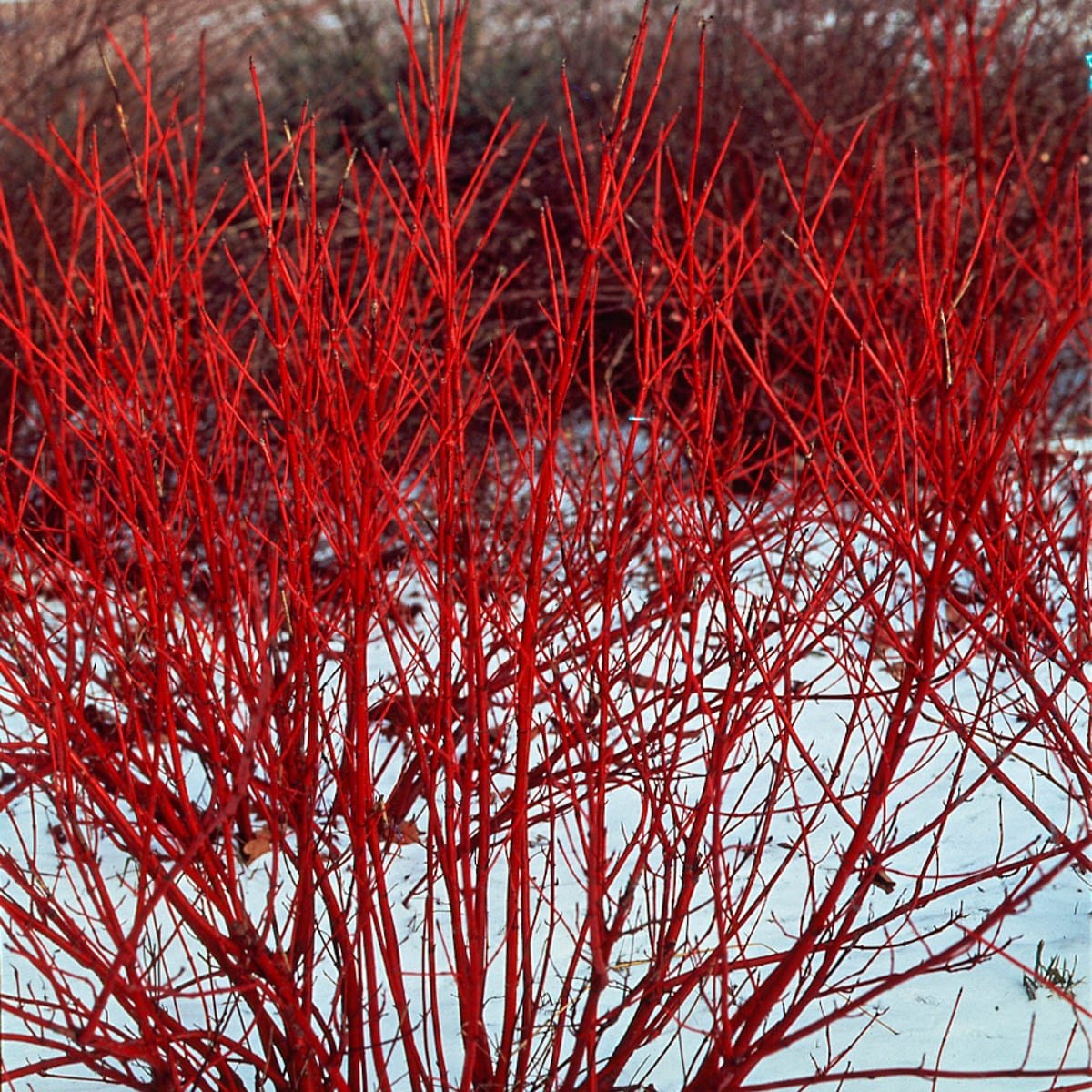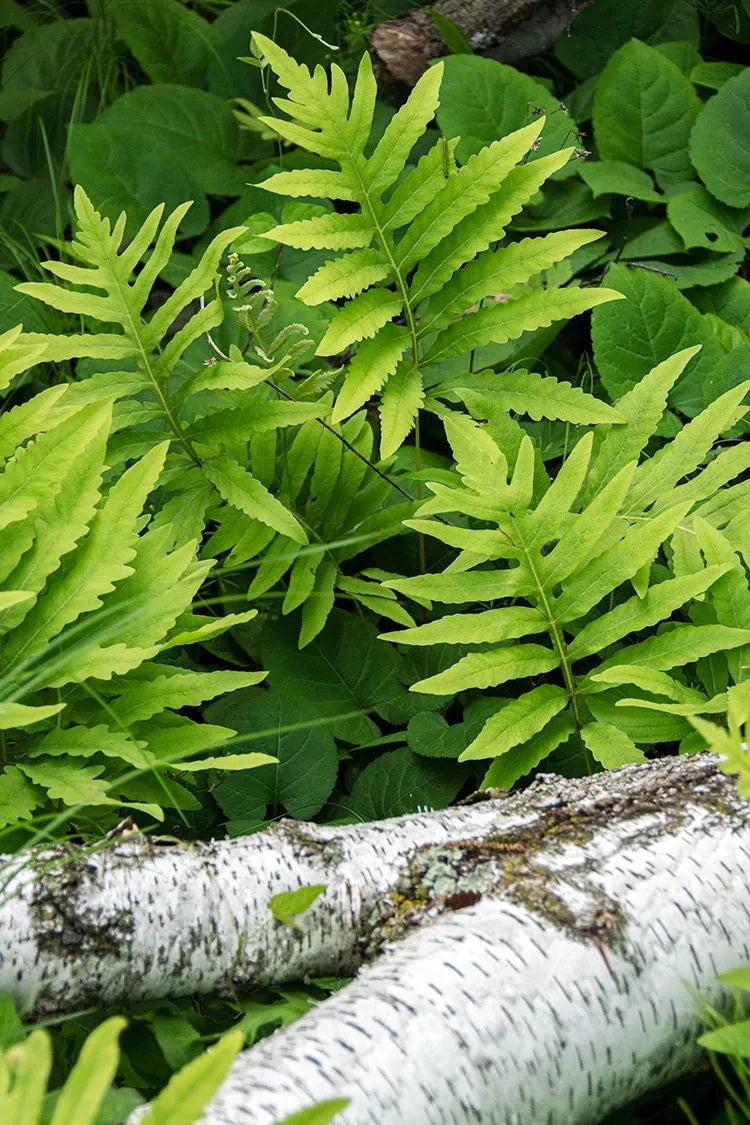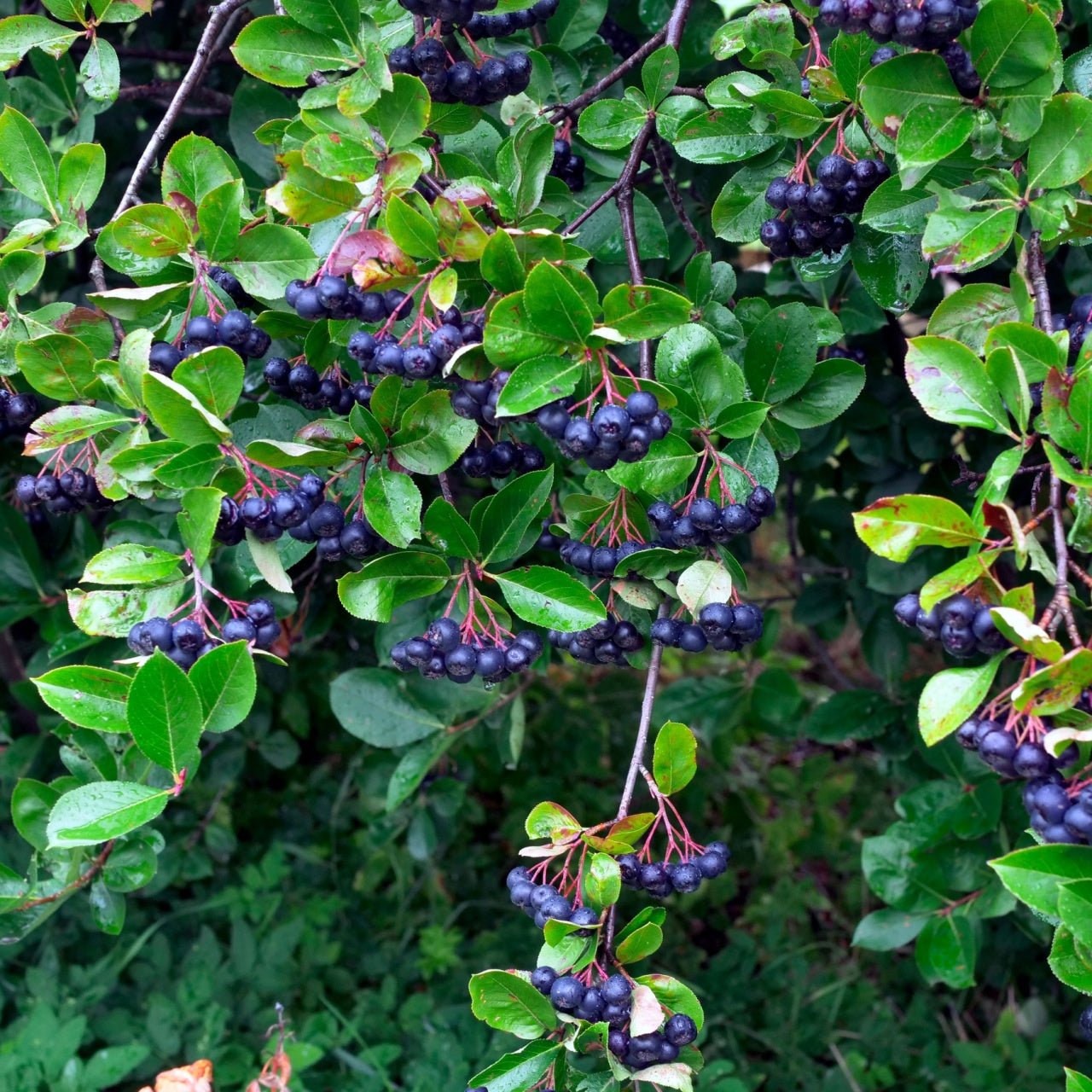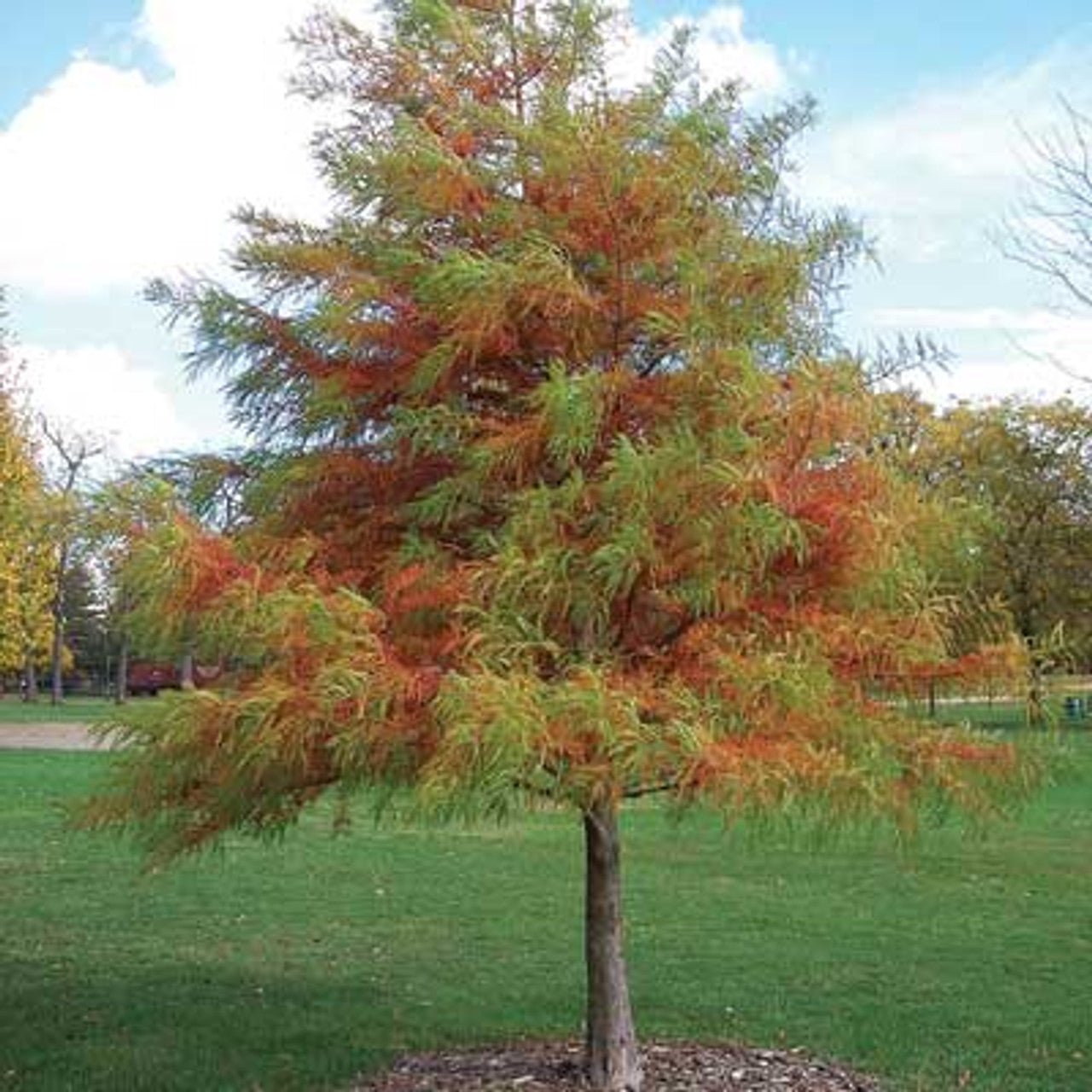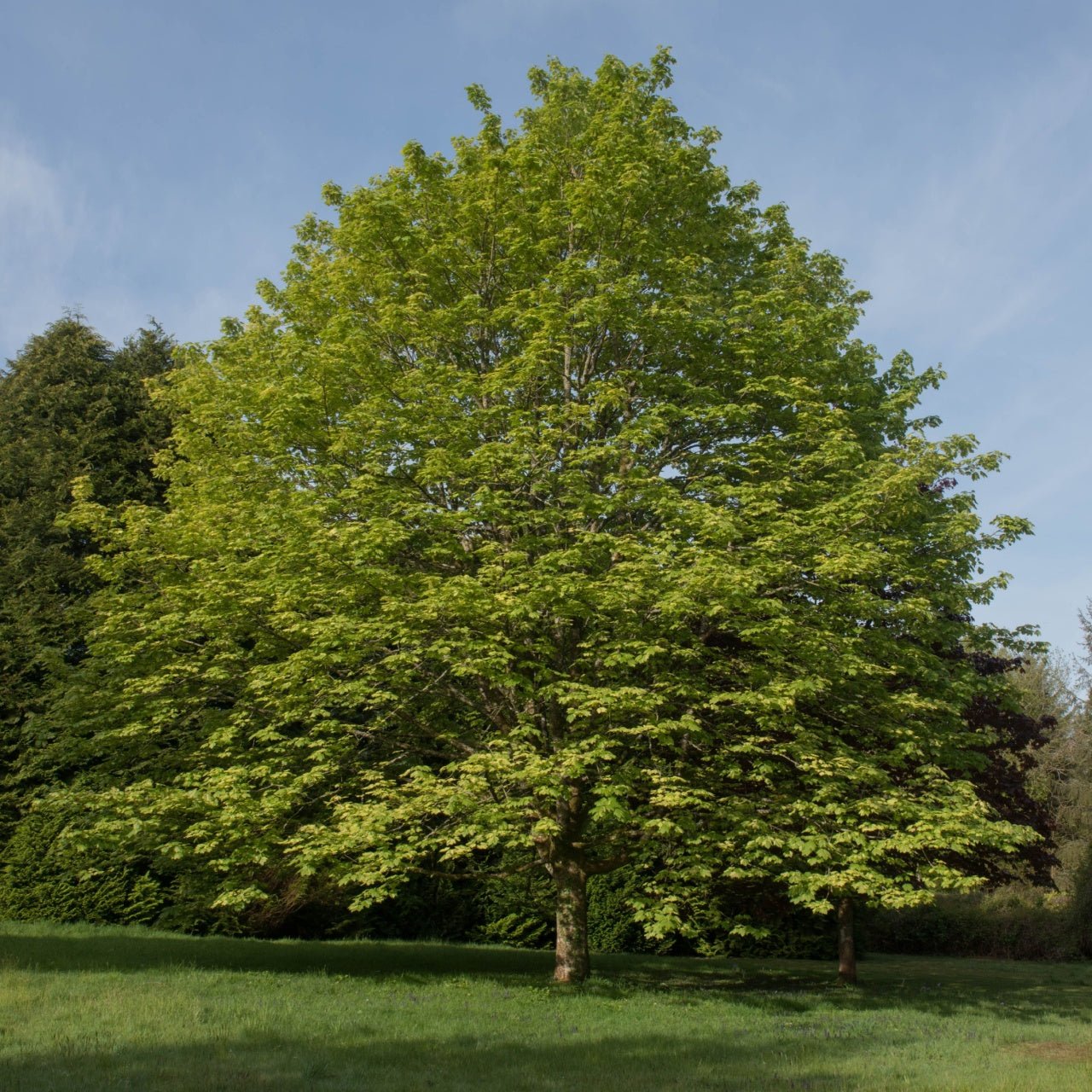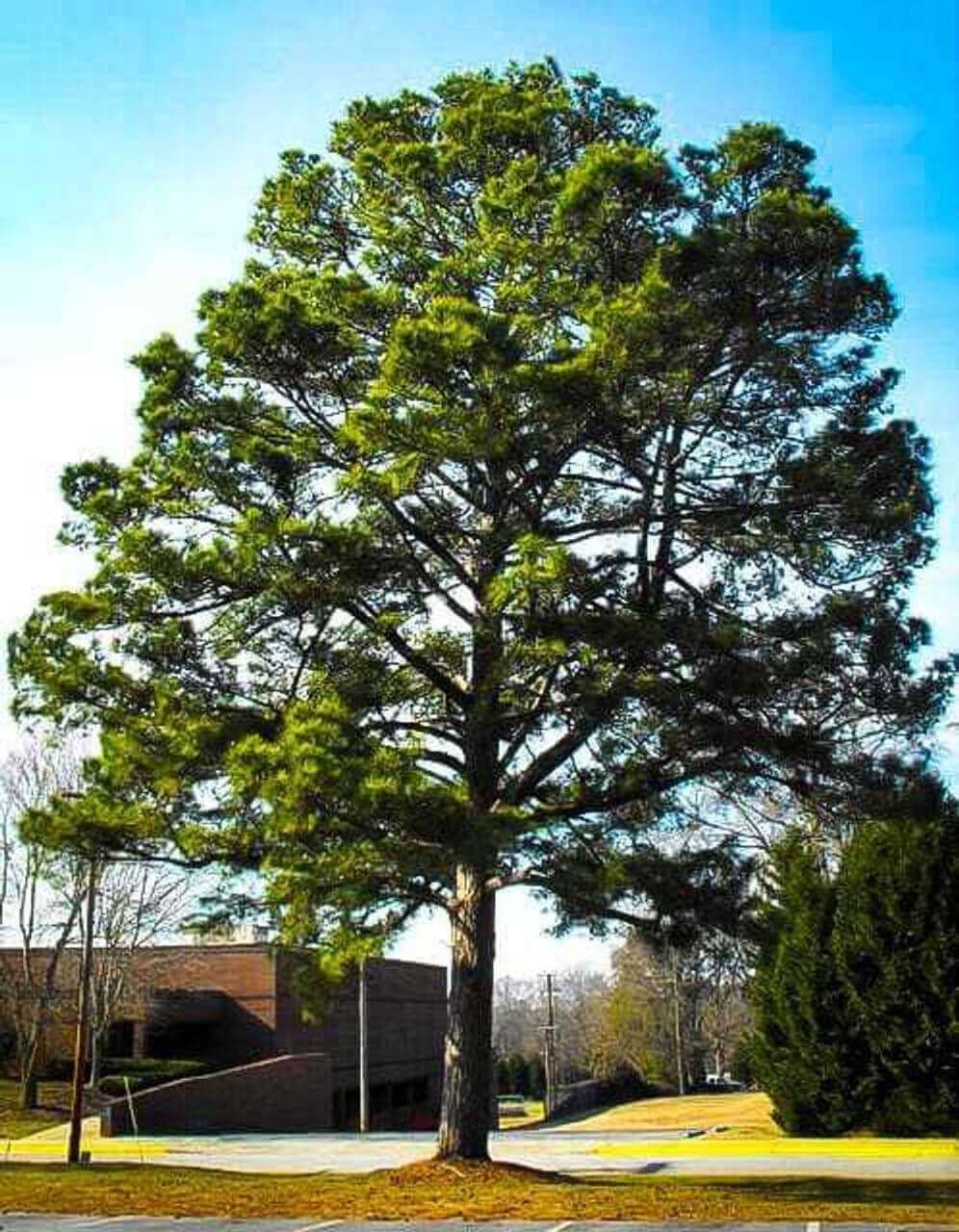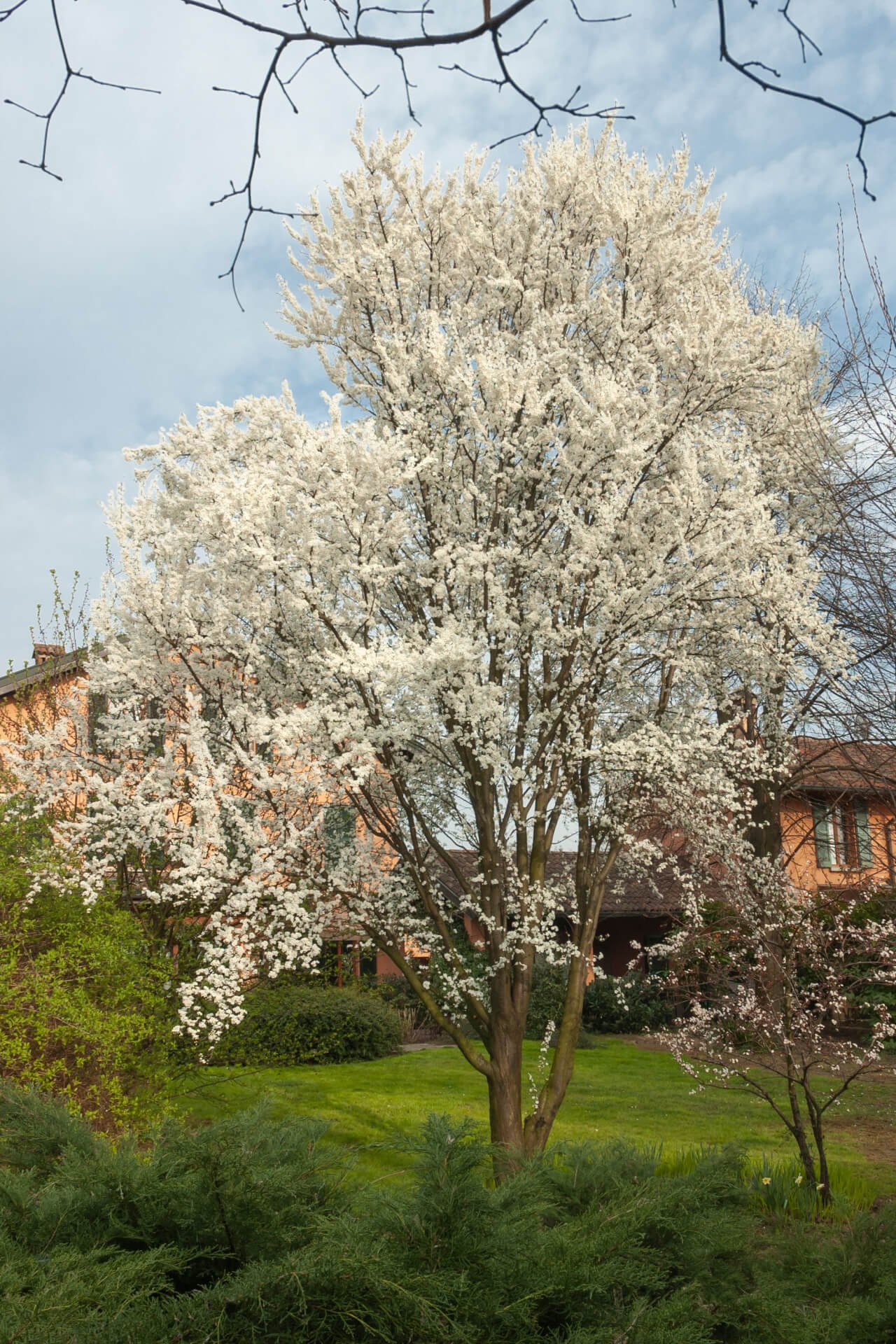Filters
Filters
Deer Resistant Plants – Grow a Garden Without the Worry
Few things are more frustrating than nurturing your garden, only to find it nibbled down overnight. If deer are a regular visitor to your yard, selecting the right plants can make all the difference. Our collection of deer resistant plants features reliable options that deer tend to avoid—so your blooms and foliage stay intact.
Protect Your Landscape with Beautiful, Hardy Choices
These aren’t just tough plants—they’re beautiful too. We’ve hand-selected a variety of flowers, shrubs, and perennials that add color, texture, and structure to your garden while naturally deterring deer. Whether you’re working with full sun, deep shade, or something in between, you’ll find plants here that suit your space and hold their ground.
Popular Deer Resistant Varieties:
- Black Cohosh – Tall and elegant, with fragrant white flower spikes.
- Bee Balm – A pollinator favorite with bold color deer tend to avoid.
- Yarrow – Feathery foliage and long-lasting blooms in summer.
- Boxwood Shrubs – Dense evergreens ideal for borders and structure.
Why TN Nursery?
We grow native, hardy plants that are proven to thrive in a wide range of conditions. Each order is shipped bare root and ready to plant—no guesswork, no filler. Our deer resistant plants aren’t chemically treated or altered; they naturally offer qualities that make them less appealing to browsing wildlife.
Browse our full selection of deer resistant plants and build a garden that’s both beautiful and protected—without sacrificing color, fragrance, or charm.
Easy to Grow
Tips for Planting For Success
Start by choosing a mild day—avoid harsh sun or wind—and prepare soft, well-drained soil with compost to give roots a gentle start. Dig a big enough to nestle the plant without crowding it. Hold it carefully by the base, not the stem, and set it in place so the roots can spread naturally.
Backfilling the Soil
Fill in soil lightly, firming it just enough to hold the plant upright without packing it too tightly. Water slowly at the base to avoid splashing or stress. Add a light layer of mulch to help with moisture, but keep it clear of the stem.
Monitor Progress
Over the next few weeks, monitor daily, especially during hot or dry spells, and protect from foot traffic or heavy rain. By nurturing them early, you help fragile plants root securely and grow into lasting, sustainable parts of the garden.
Grow Tips For Success
Mulching Tips
Use natural mulch like shredded leaves or straw to help keep the soil cool and prevent it from drying out, but be careful not to press mulch against the stems.
If your plants are in a breezy or exposed area, consider using shade cloth or planting them near sturdier companions to protect them from wind and harsh sunlight.
Avoid Chemicals Unless Necessary
Avoid using chemical fertilizers in the early stages—compost or diluted organic teas are better for building soil health without overwhelming delicate roots. If the stems are tall and thin, provide light support with small stakes and soft ties, being careful not to damage them.
Check plants for Stress
Check plants often for signs of stress or pests and respond gently to any issues that arise.
With a steady, thoughtful approach, even the most delicate plants can become strong and lasting additions to a sustainable garden.

